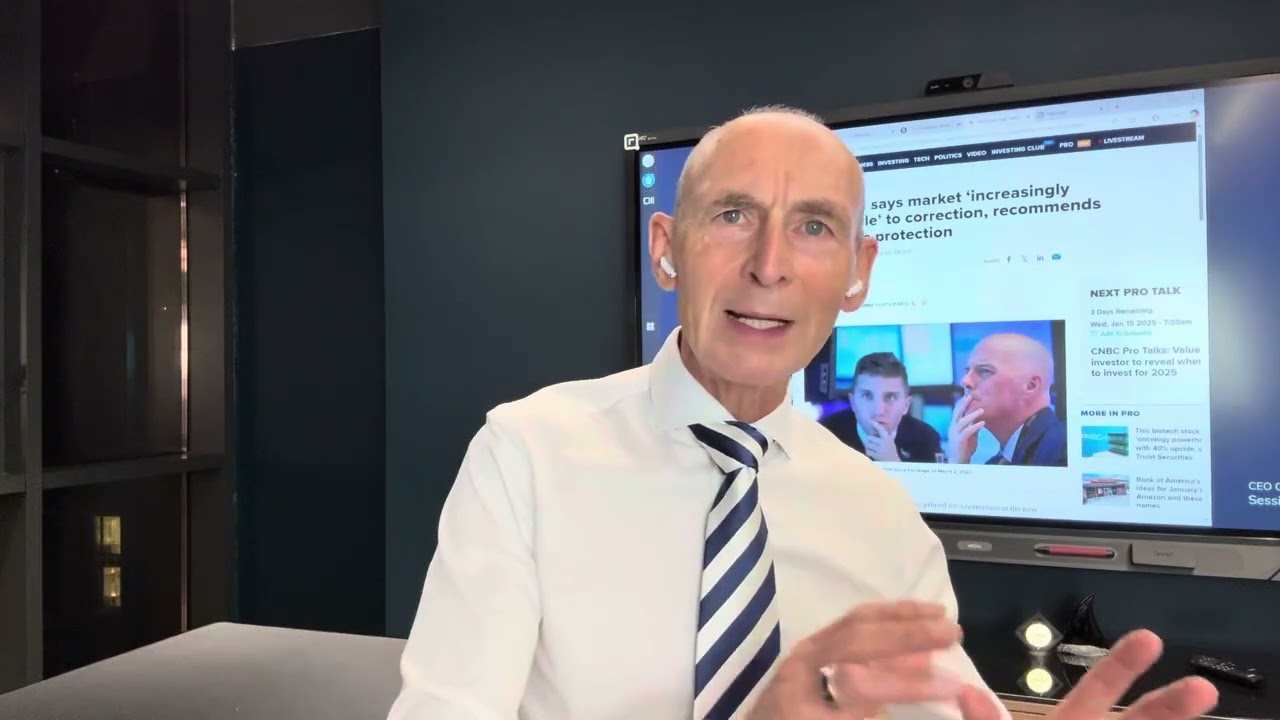Nigel Green, chief executive of deVere Group, one of the world’s largest independent financial‑advisory firms, has described Chancellor Rachel Reeves’ recent Budget as a “masterclass in disincentivising saving and investing.”
The criticism follows the government’s announcement that tax rates on interest, rental income and dividends will rise by two percentage points from 2027.
According to Treasury tables, the increase will push the tax on savings income to 22 % for basic‑rate taxpayers, 42 % for higher‑rate taxpayers and 47 % for additional‑rate taxpayers. Rental and interest income will be taxed at the same rates, while dividend tax will rise to 10.75 % for basic‑rate taxpayers and 35.75 % for higher‑rate taxpayers.
Join our WhatsApp ChannelThe Treasury estimates the changes will raise £500 million a year from savings and property income and an additional £1.2 billion from dividends. However, Green argues the move will erode investor confidence. “When you raise the cost of holding income‑producing investments, people will reconsider how and where they invest,” he said. “You end up penalising patient capital and rewarding cash withdrawals – the opposite of building a thriving stock market.”
London’s market has long attracted income‑focused investors because of its broad range of dividend‑paying blue‑chip stocks, many of which are held outside ISAs or SIPPs. The new regime could make long‑term ownership less attractive, prompting investors to sell shares soon after dividend payouts or shift assets abroad.
Green also warned that the higher taxes on rental income will reduce the appeal of buy‑to‑let investments, potentially curbing supply in the private rental sector when housing is already scarce. He noted that the measures come amid rising inflation, high living costs and low real interest rates, leaving many savers with negligible or negative after‑tax returns.
READ ALSO: Investors Shrug Off Banking Jitters, But More Volatility Lies Ahead – deVere CEO
“Many savers already face low real interest rates,” Green said. “With interest income now facing heavier taxation, returns after tax may be negligible or negative. For retirees or those relying on interest to preserve capital, this compounds the squeeze.”
He added that the UK’s higher tax burden could drive mobile capital toward jurisdictions with lower or zero taxes on investment income, weakening the UK’s attractiveness as a destination for global capital.
In Green’s view, the Budget’s “stealth extraction” of capital from savings, equities and property could, over time, drain wealth creation and erode the UK’s appeal as a gateway for innovation and growth. “When you make saving, investing and owning property more expensive, you don’t build prosperity – you drive it away,” he concluded.
- Editor
- Editor
- Editor
- Editor
- Editor













